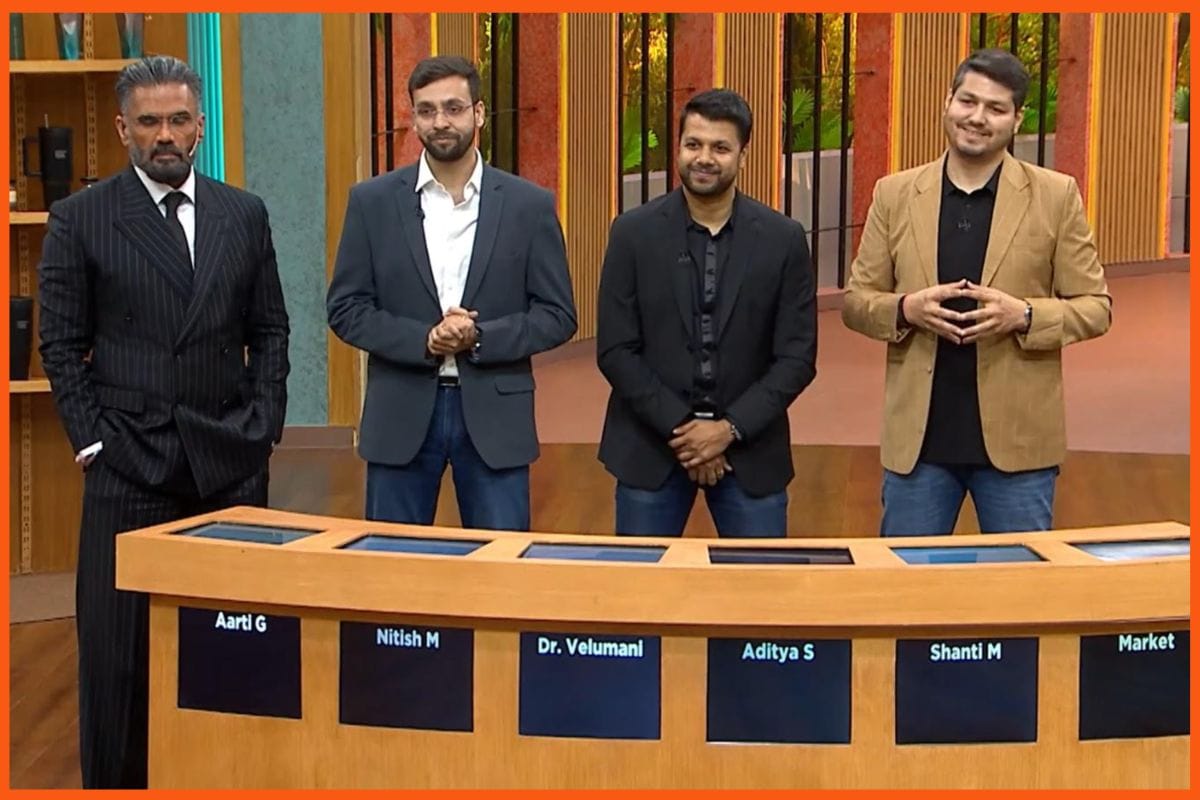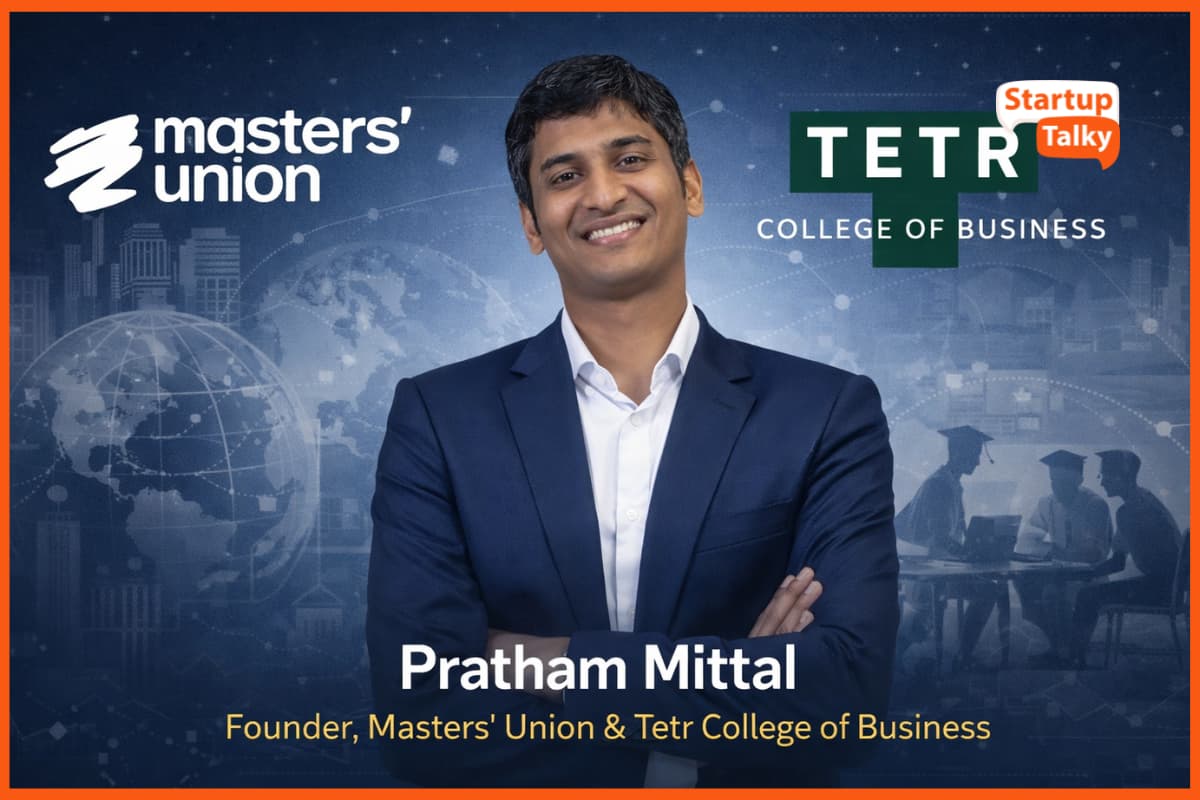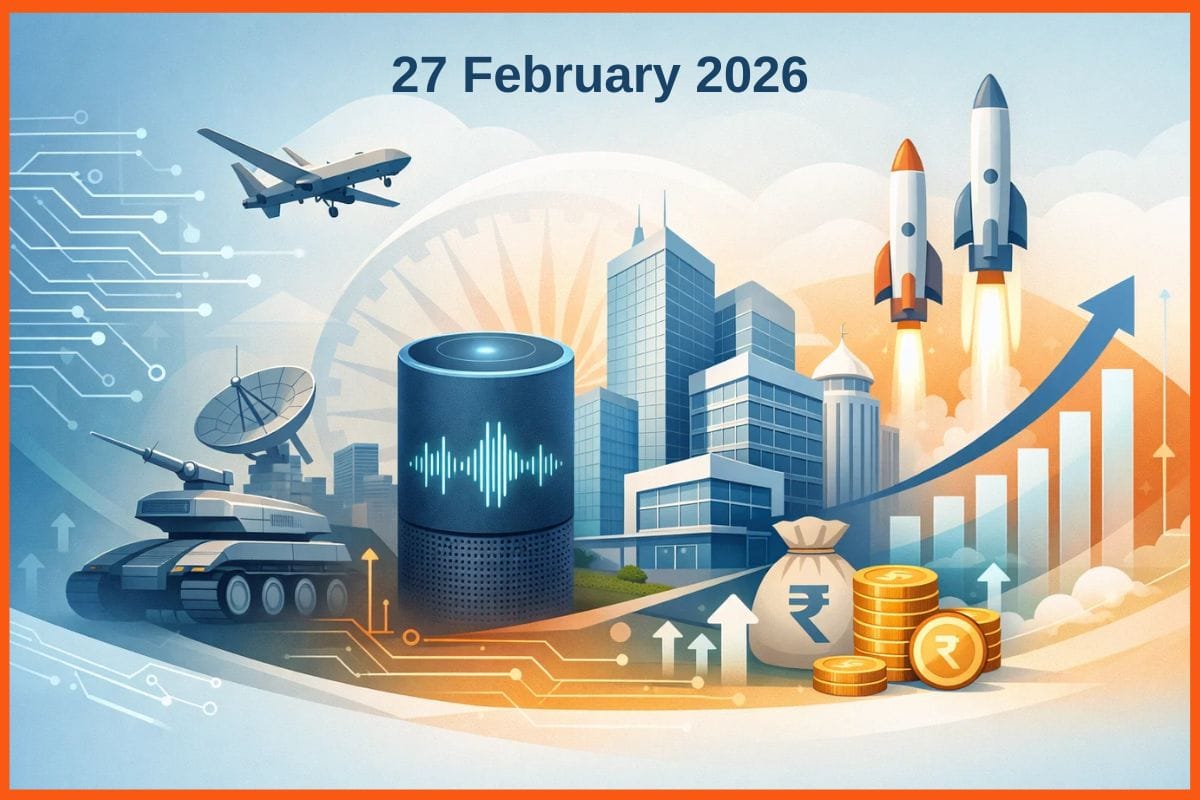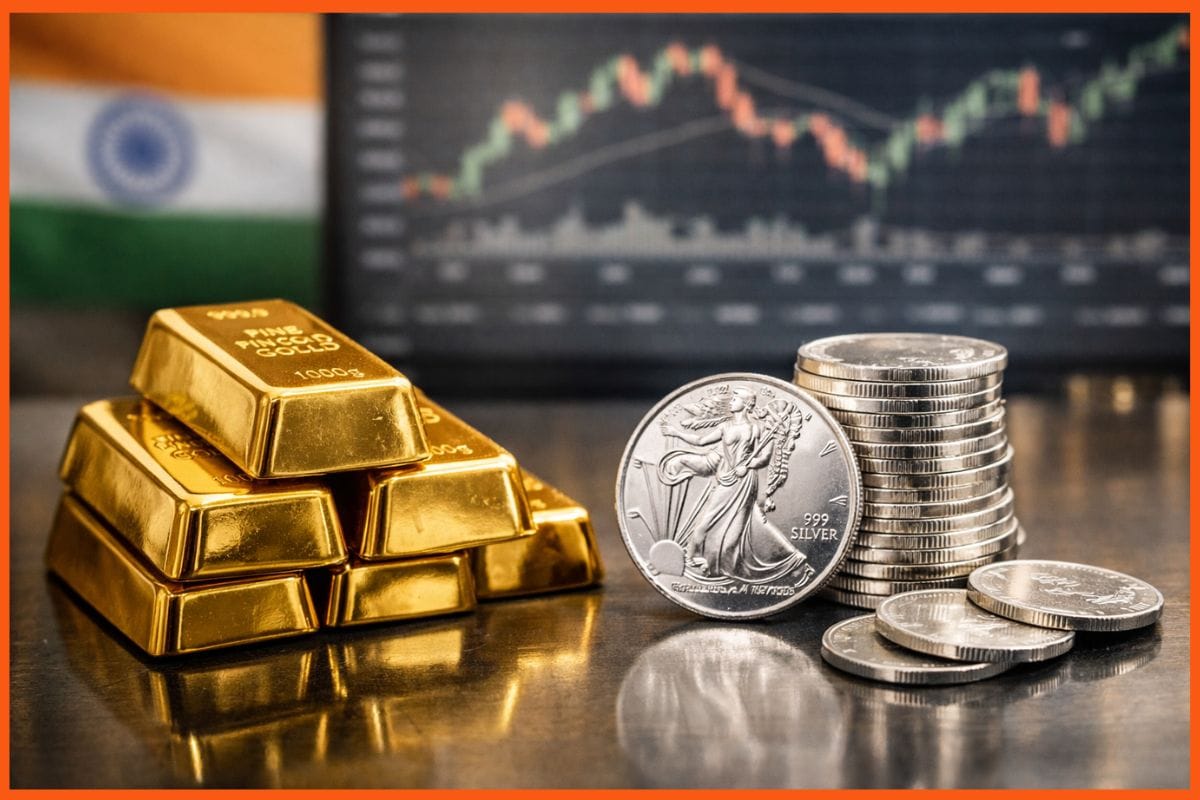De-influencers Take Center Stage in Redefining the Future of Influence
🔍Insights
In a world where social media is supreme, number of followers and likes decide your identity and person’s worth, a new breed of influencers is emerging, wielding ‘nay’ sword, and criticism as their purpose to make their digital presence. They are no other but ‘De-influencers’.
"Stop buying supplies, things you will regret buying’, ‘im de-influencing you’, ‘de-influencing you from the most viral makeup of 2023’, ‘what not to $$$’ are the kind of headlines and headers that are making trends on social media platforms like YouTube, Instagram, and Tiktok (banned in India). It is noteworthy that #Deinfluencing has over 1 billion views.
This new breed of voices is making waves, disrupting the traditional norms of curated content and aspirational lifestyles in the world of consumerism. Meet the De-influencers – individuals who are shaking up the normal trend by challenging myths, debunking misinformation, and fostering critical thinking among their communities, peers, followers, and subscribers.
The Birth of De-influence
What Is Their Mission?
Debunking Myths and Misinformation
Promoting Critical Thinking
Driving Social Change
The Power of Connection
What Is It That De-influencers Are Trying to Tell?
The Essence of De-influence
Shaping the Future of Influence
The Future of De-influence
The Birth of De-influence
As social media platforms continue to dominate our digital landscape, concerns about authenticity and accountability have come to the forefront. In response, De-influencers have emerged as beacons of transparency, skepticism, and critical thinking.
What Is Their Mission?
De-influencers are on a mission to peel back the layers of influencer culture and encourage their audience to think critically about the content they consume or about the cream that they apply on their tender skin and the appliances used in their kitchen.
Debunking Myths and Misinformation
At the heart of de-influence lies a commitment to truth and accuracy. De-influencers use social platforms like Facebook, Instagram, and X (earlier called Twitter) to debunk myths, challenge misinformation, and provide evidence-based perspectives on a wide range of topics.
Whether it's dissecting pseudoscientific claims, fact-checking viral trends, or critiquing misleading marketing tactics, these individuals are on a mission to separate fact from fiction in the digital realm.
In the era of digitalization, a new term has been coined to encapsulate individuals who prioritize what not to do, what not to behave, what not to eat, what not to watch, or what not to opt for with an aim to creating genuine engagement, powerful thought process and meaningful impact by likes, subscriptions, and followers.
As traditional influencers fade into the background, de-influencers are stepping into the spotlight, reshaping the landscape of online influencer marketing and paving the way for a new class of intellectuals and experts who will decide what is not to be done in the digital arena.
In recent years, influencer marketing has skyrocketed in popularity and effectiveness, becoming a go-to strategy for online promotion. With millions of internet users regularly browsing social media platforms for entertainment, inspiration, and product recommendations, it's no surprise that marketers are leveraging the influence of social media's most prominent figures.
As of 2023, the global influencer marketing market has reached a staggering value of USD 21.1 billion, more than triple since 2019. This fast growth shows how influencer marketing has become a big industry on its own. And every year, influencer platforms are getting bigger and more valuable, allowing brands and creators to team up in ways never seen before.
Promoting Critical Thinking
In an age where clickbait headlines and viral content abound, de-influencers serve as ambassadors of critical thinking. They encourage their followers to question mainstream narratives, challenge societal norms, and approach information with a healthy dose of skepticism. By fostering critical thinking skills, de-influencers empower their audience to make informed decisions and navigate the complexities of the digital world more effectively and clearly.
Driving Social Change
De-influence is about more than just debunking myths and promoting critical thinking – it's also about driving meaningful social change. De-influencers often use their platforms to raise awareness about important issues, advocate for marginalized communities, and amplify voices that are often unheard or overlooked. From promoting environmental sustainability, reporting the unknown, narrating what was unseen, or advocating for social justice, these individuals are harnessing the power of social media for good.
Here are some Indian examples of de-influencers, who challenge the mainstream narratives and promote critical thinking on social media platforms:
- Ravish Kumar (X or former Twitter): Ravish Kumar is a prominent Indian journalist known for his incisive reporting and critical analysis of current affairs. Through his X account (3.5 million followers) and Instagram (4.3 million followers), he often challenges misinformation, questions government policies, and encourages followers to think critically about social and political issues.
- Faye D'Souza (X, Instagram): Faye D'Souza is a journalist and former executive editor of Mirror Now, known for her no-nonsense approach to journalism. On platforms like Twitter (1.1 million followers) and Instagram (1.7 million followers), she addresses misinformation, calls out false narratives, and advocates for transparency and accountability in governance.
- Dhruv Rathee (YouTube, X): Dhruv Rathee is a YouTuber and social activist known for his videos on politics, economics, and social issues. Through his YouTube channel (14.8 million subscribers) and X ( 1.7 million followers) account, Rathee challenges mainstream media narratives, debunks misinformation, and promotes critical thinking among his followers.
- The Wire (YouTube, X): The Wire is an independent news and analysis platform in India known for its investigative journalism and critical commentary on politics, society, and economics. Through its YouTube channel ( 5.03 million subscribers) and X (1.3 million followers) account, The Wire provides in-depth analysis, fact-checks, and exposes misinformation to promote informed discourse among its audience.
- Alt News (X, Facebook): Alt News is a fact-checking website in India that debunks misinformation and fake news circulating on social media platforms. Through its X (519 K followers) and Facebook accounts ( 242K followers), Alt News provides evidence-based information, corrects false narratives, and promotes critical thinking to combat the spread of misinformation online.
- Revant Himatsingka or Food Pharmer (Instagram, X): Revant Himatsingka creates thoughtful, often humorous videos to educate Indians about health, social issues, and life. His main goal for the next few years is to stop FMCG companies from marketing junk food as healthy food. He is teaching Indians how to read food labels of packaged food. Revant, who is in favor of clean businesses, has 1.5 million Insta followers, 66,867 LinkedIn followers, and 290K YouTube subscribers.
In April 2023, he went viral for critiquing Cadbury's Bournvita sugar content, suggesting a tagline change. Cadbury responded with a legal notice, stating their product contained 7.5 grams of added sugar per serving, within recommended limits. On December 23, the influencer announced on Instagram that Cadbury had reduced added sugar by 15 percent, calling it a 'big win'.
The Power of Connection
In a world saturated with superficial content and shallowness, de-influencers are helping people by bringing reasons and thought-provoking answers to questions, that usually consumers neglect, fail to ask, or hesitate to question.
Unlike traditional influencers who measure success in likes and followers, de-influencers emphasize connection-building and thought-provoking exercises, to bring about a ‘difference’ in the commonly accepted views, and traditions of the society.
What Is It That De-influencers Are Trying to Tell?
In essence, most of the ‘de-influencers’ on social media apps are real influencers in sheep’s clothing. This is the real-time question one needs to ask as readers, viewers, consumers, and clients. Are they really helping us decide what is right or wrong or are they telling us to opt for what they feel is just and correct?
People rather than, consumers have consumed enough data, marketing campaigns, and advertisements, wherein they have been always asked or lured to buy a certain product, service, or strategy in a subtle or loud manner.
People have overconsumed positive marketing strategies. The marketing industry has reached a saturation point, where ‘influencing’ charisma is fading away. Now, people don’t want to be in a trap of consumerism and haste to buy any product to be fashionable and maintain social status.
De-influencers are trying to achieve more with fewer resources, achieve sustainable goals, and try to be away from the crowd and create a new niche for themselves. This strategy of saying ‘no’ is being applied by marketing ‘gurus’, and influencers, to look unique and attract buyers. They feel that stopping people from buying an item or policy will attract more consumers and increase the sale of other related items.
According to a recent Statista survey, Instagram remains the most popular platform for influencer marketing worldwide.
As per Statista, India emerged as the global leader in Instagram users, with a staggering 362 million individuals on the platform, as of January 2024. The United States and Brazil trailed behind with 169 million and 134 million users, respectively.

The Essence of De-influence
So, what exactly sets de-influencers apart from their predecessors (influencers)?
One can say that at the core of de-influence lies a commitment to authenticity, clarity, criticism, and transparency for the common good.
But it's not just about being clear – De-influencers are on a journey to make a difference. They want to bring about a change by telling what is not to be done.
Whether advocating for social justice, promoting the environment, or raising awareness about natural skincare products, mental health, or knowledge about the side effects of beauty products, these influencers leverage their platforms to bring awareness.
Their content isn't just about aesthetics or abstract theory; it is about sparking meaningful conversations, questioning the normal, challenging the old narrative, and inspiring action.
Shaping the Future of Influence
As the influence of de-influencers continues to grow, brands and marketers are taking notice. Gone are the days of superficial endorsements and scripted sponsorships; instead, brands are seeking out de-influencers who align with their values and embody their ethos.
In a 2024 global survey of PR agencies, marketing firms, brands, and professionals, 37.6 percent reported working with up to 10 influencers, while 14.7 percent collaborated with over a thousand influencers.
In their unique ways, de-influencers are asking what not to go for and silently telling you what to do, what to buy, what to grab, and what to consume.
One can say it is another format of influencer marketing. Earlier, it used to be about ‘pushing’ audiences towards a better brand but nowadays it is about ‘pulling’ people towards a brand.
At present, collaborations are no longer just about product placement, they're about telling stories, sparking meaningful conversations, and driving change in the system.
But perhaps the most profound impact of de-influencers lies in their ‘ability to inspire and spark others' thoughts and actions’.
The Future of De-influence
As the influence of de-influencers continues to grow, their impact on online discourse and culture cannot be overstated. By challenging the current norm, promoting critical thinking, and driving social change, these individuals are reshaping the way we engage with content on social media.
Given the capacity of online influencers to high brand visibility, engage audiences, and sway purchasing decisions for millions of users, it's no wonder that expenditure on influencer or de-influencer partnerships is anticipated to surge even more in the digital future.
In an era of increasing digital noise and misinformation, the rise of de-influencers offers a representation of hope – a reminder that authenticity, transparency, and critical thinking still have a place in the digital world.
FAQs
What are De-influencers?
De-influencers are the individuals who are shaking up the normal trend by challenging myths, debunking misinformation, and fostering critical thinking among their communities, peers, followers, and subscribers.
What is the market size of global influencer marketing?
As of 2023, the global influencer marketing market has reached a staggering value of USD 21.1 billion, more than triple since 2019.
Who are the De-influencers in India?
Some of the De-influencers in India include Ravish Kumar, Fay D'Souza, Dhruv Rathee, Alt News, The Wire, Revant Himatsingka or Food Pharmer, and others.
Must have tools for startups - Recommended by StartupTalky
- Convert Visitors into Leads- SeizeLead
- Website Builder SquareSpace
- Run your business Smoothly Systeme.io
- Stock Images Shutterstock






